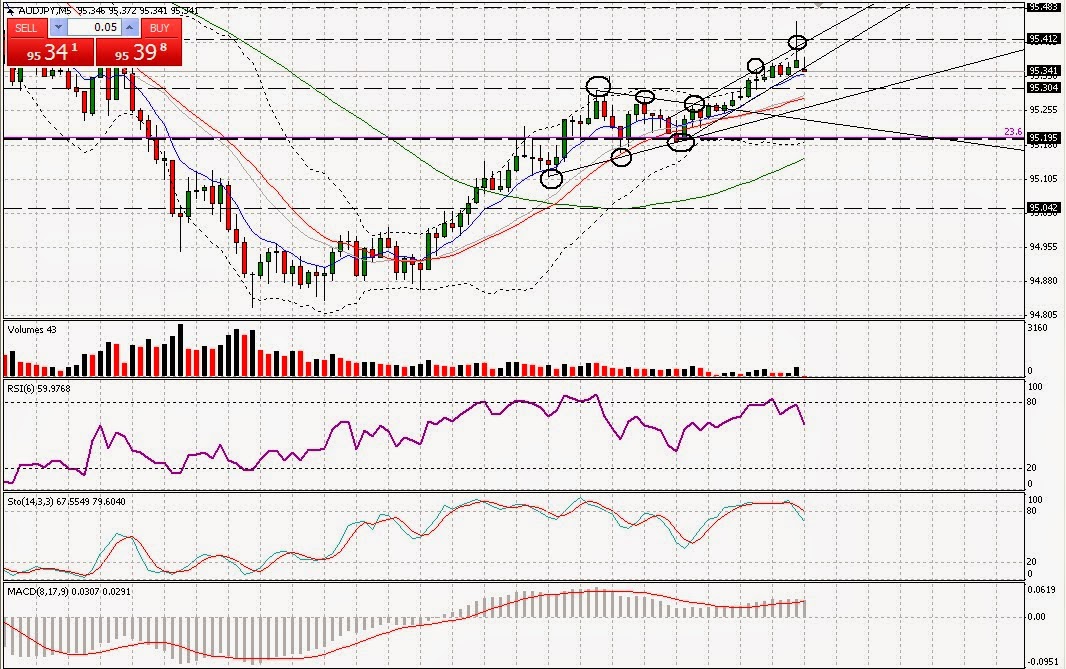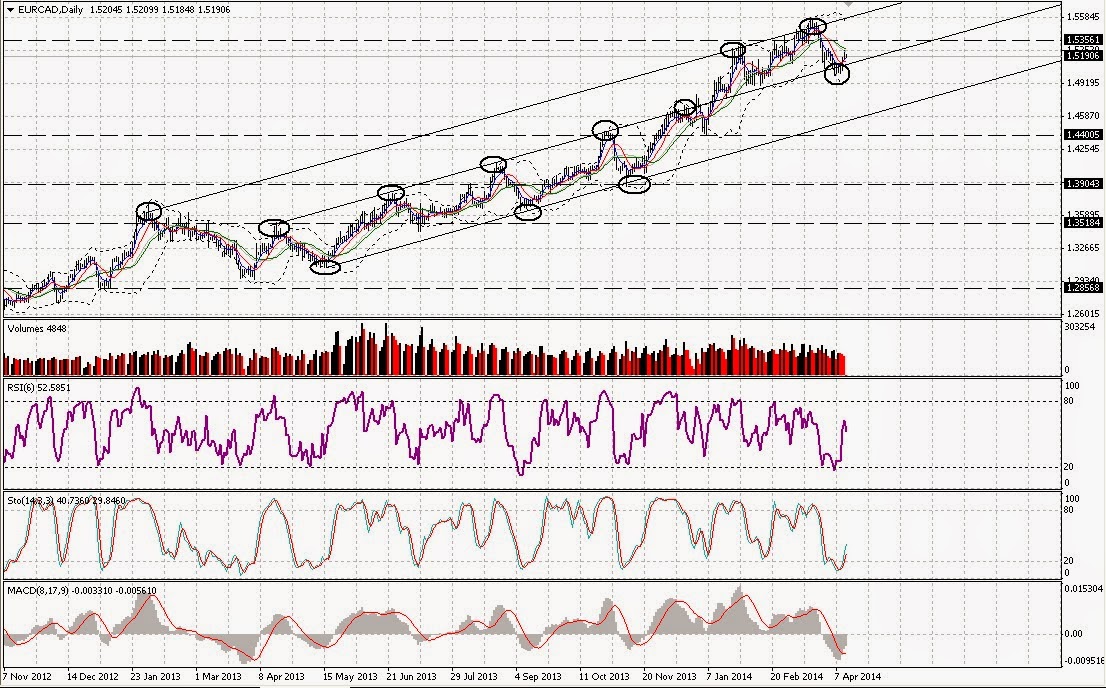Major Economic Events in Forex:
Economic indicators are closely watched in the investment world, their release can have an immediate and volatile effect on the forex market. There are three main types of indicators; leading, coincident, and lagging. Leading indicators are believed to change in advance of changes in the economy, which can give you some idea of what might happen before it actually occurs. Coincident indicators reflect changes in the economy at about the same time they actually occur. Lagging indicators change after the overall economy changes and are of little use for prediction. Interest rates are a major driver of forex markets and each economic indicator is watched closely by the Fed as they decide on their monetary policy. For this reason many of these indicators can have substantial effects on the
Forex market.
Gross Domestic Product (GDP)
The GDP report is the most important of all economic indicators. It is the biggest measure of the overall state of the economy. The GDP number is released at 8:30 am EST on the last day of each quarter and it reflects the previous quarter’s activity. The GDP is the aggregate (total) monetary value of all the goods and services produced by the entire economy during the quarter being measured; this does not include international activity however. The growth rate of GDP is the important number to look for.
Consumer Price Index (CPI)
The CPI report is the most widely used measure of inflation. This report is released at 8:30 am EST around the 15th of each month and it reflects the previous month’s data. CPI measures the change in the cost of a bundle of consumer goods and services from month to month.
The Producer Price Index (PPI)
Along with the CPI, the PPI is one of the two most important measures of inflation. This report is released at 8:30 am EST during the second full week of each month and it reflects the previous month’s data. The producer price index measures the price of goods at the wholesale level. So to contrast with CPI, the PPI measures how much producers are receiving for the goods while CPI measures the cost paid by consumers for goods.
Retail Sales Index
The Retail Sales Index measures goods sold within the retail industry, from large chains to smaller local stores, it takes a sampling of a set of retail stores across the country. The Retail Sales Index is released at 8:30 am EST around the 12th of the month; it reflects data from the previous month. This report is often revised fairly significantly after the final numbers come out.
Housing Data
Housing data includes the number of new homes that a country began building that month as well as existing home sales. Residential construction activity is a major cause of economic stimulus for a country and so it’s widely followed by Forex participants. Existing home sales are a good measure of economic strength of a country as well; low existing home sales and low new home starts are typically a sign of a sluggish or weak economy.
Employment Indicators
The most important employment announcement occurs on the first Friday of every month at 8:30 am EST. This announcement includes the unemployment rate; which is the percentage of the work force that is unemployed, the number of new jobs created, the average hours worked per week, and average hourly earnings. This report often results in significant market movement.
NAPM
This report is called the National Association of Purchasing Management index and it measures conditions in the manufacturing sector. The NAPM index is released on the first business day of the month at 10 am EST and it reflects the previous month’s data.
Consumer Confidence Index
The consumer confidence index is released on the last Tuesday of the month at 10 am EST, the report measures how confident consumers feel about the state of the economy as well as their spending power. Consumer confidence is considered a crucial part of the economic picture, the more confident people feel about the stability of their income the more likely they are to make purchases.
Durable Goods Orders
The durable goods orders report gives a measurement of how much people are spending on longer-term purchases, these are defined as products that are expected to last more than there years. The report is released at 8:30 am EST around the 26th of each month and is believed to provide some insight into the future of the manufacturing industry.
Beige Book
The Beige Book report is part of the FOMC’s preparations for its meetings and is published 8 times per year. The report is released two Wednesdays before each Federal Open Market Committee meeting at 2:15 pm EST. The Beige Book report summarizes economic conditions in each of the Fed’s regions. This report is seen as an indicator of how the Fed might act at its upcoming meeting.
Trade Balance
Trade balance is a measure of the difference between imports and exports of tangible goods and services. The level of a country’s trade balance and changes in exports vs. imports is widely followed and an important indicator of a country’s overall economic strength. It’s better to have more exports than imports, as exports help grow a country’s economy and reflect the overall health of its manufacturing sector.
Interest Rates
Interest rates are the main driver in Forex markets; all of the above mentioned economic indicators are closely watched by the Federal Open Market Committee in order to gauge the overall health of the economy. The Fed can use the tools at its disposable to lower, raise, or leave interest rates unchanged, depending on the evidence it has gathered on the health of the economy. So while interest rates are the main driver of Forex price action, all of the above economic indicators are also very important.
Taken from:
http://www.learntotradethemarket.com/forex-articles/major-economic-events-in-forex





















































